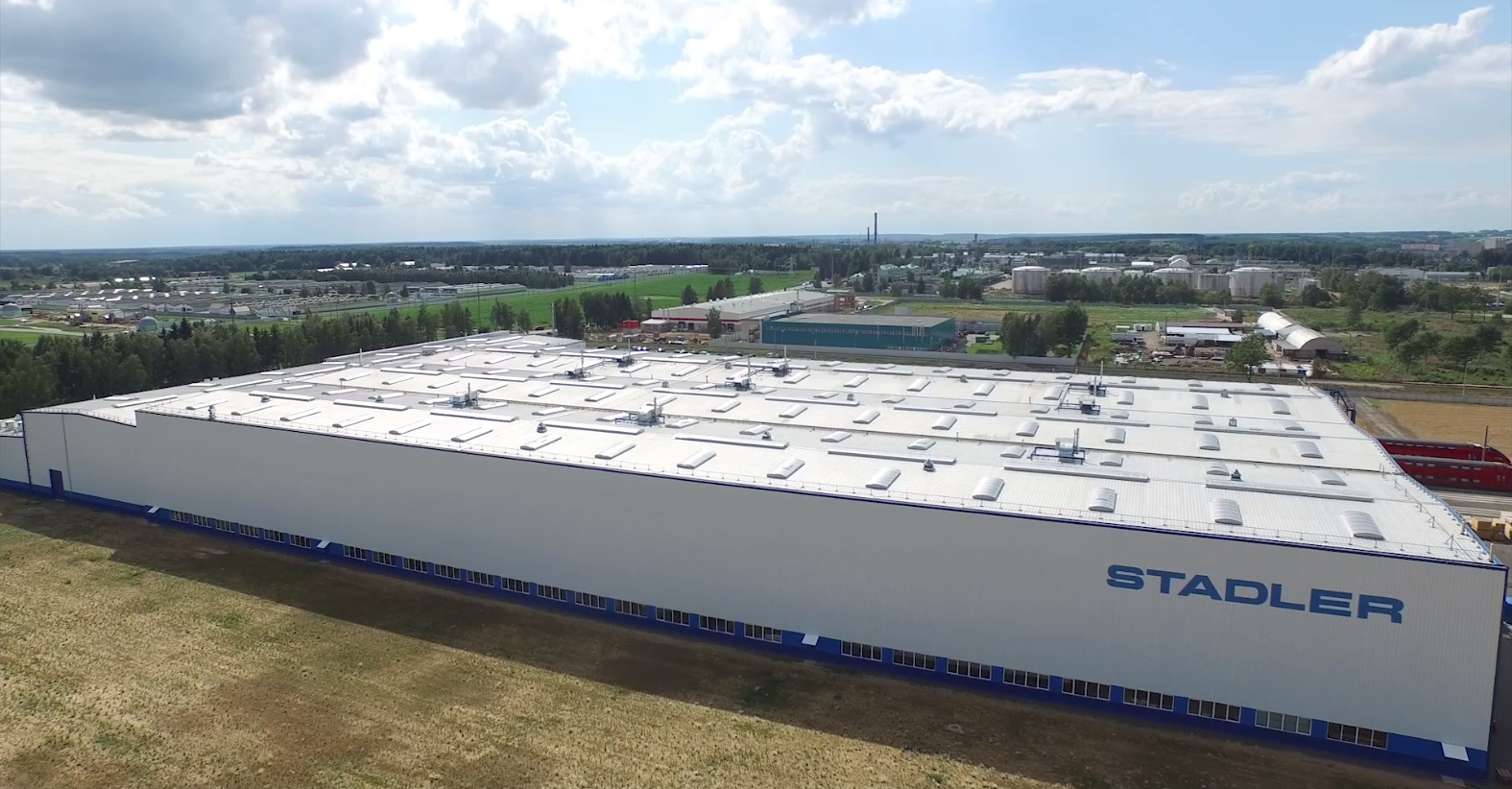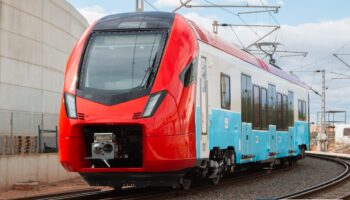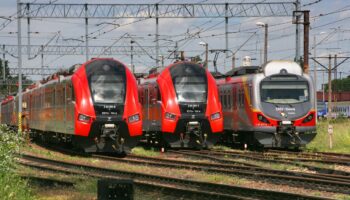Belarus: The manufacturer notes that this is a forced measure as from June 4 the company’s site in Fanipol will face with a shortage of electronic and electrical products due to EU sanctions against Belarus amid the situation in Ukraine.
This was announced by the owner and president of Stadler Rail Peter Spuhler in an interview with a number of Swiss media. “We have an excellent plant in Belarus, which, unfortunately, is now also involved in this war, which we cannot approve <…> We are not stopping, we are adapting capacities to the sanctions conditions”, he said.
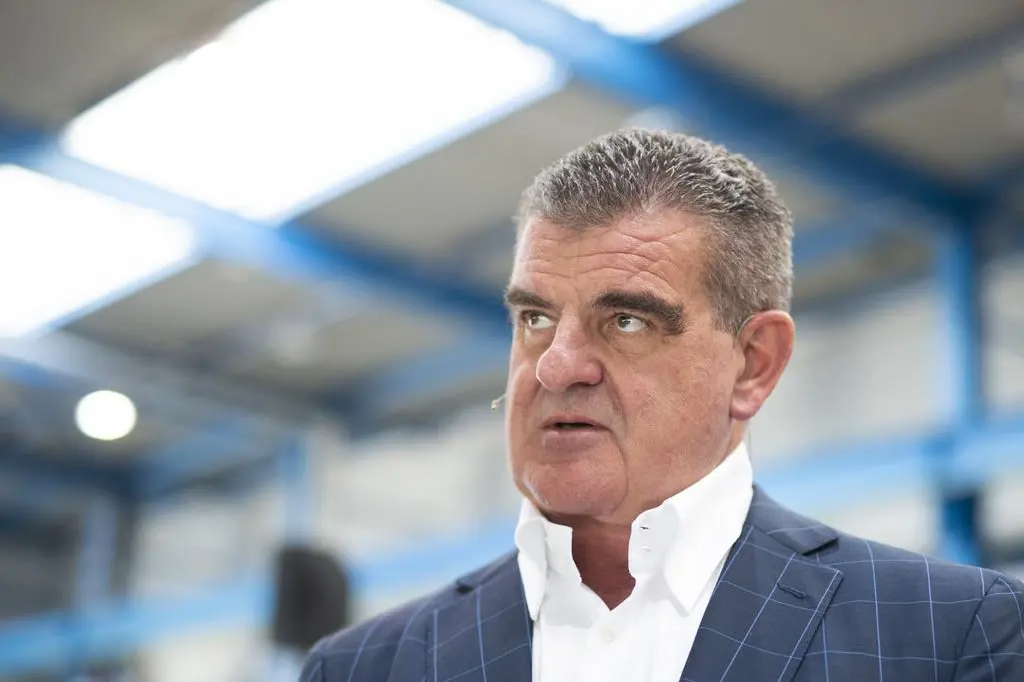 Peter Spuhler, owner and president of Stadler Rail. Source: Keystone
Peter Spuhler, owner and president of Stadler Rail. Source: Keystone
Spuhler stated that the reduction in manufacturing operations is a forced decision. “This is a difficult situation. But we do not create products for the oligarchs, but for the daily benefit of people. That is why I have no remorse for what we are doing”, he said and noted that the company must comply with the decisions of supranational bodies. In general, the company does not want to completely stop the operation of the site in Belarus and expects to keep the plant.
Production processes are planned to be distributed to Stadler Rail sites in Switzerland and Poland. As part of the transfer, the relocation of employees is also underway. As Spuhler says, the increase in costs to the manufacturer will be not significant and “totally manageable”.
The Stadler Rail plant was built near Minsk in 2013, investments in it have since amounted to more than €80 mln. Initially, 1,700 people worked at the site, but gradually the number of employees was reduced to 1,150, and taking into account new changes, it will decrease to 700-800 people.
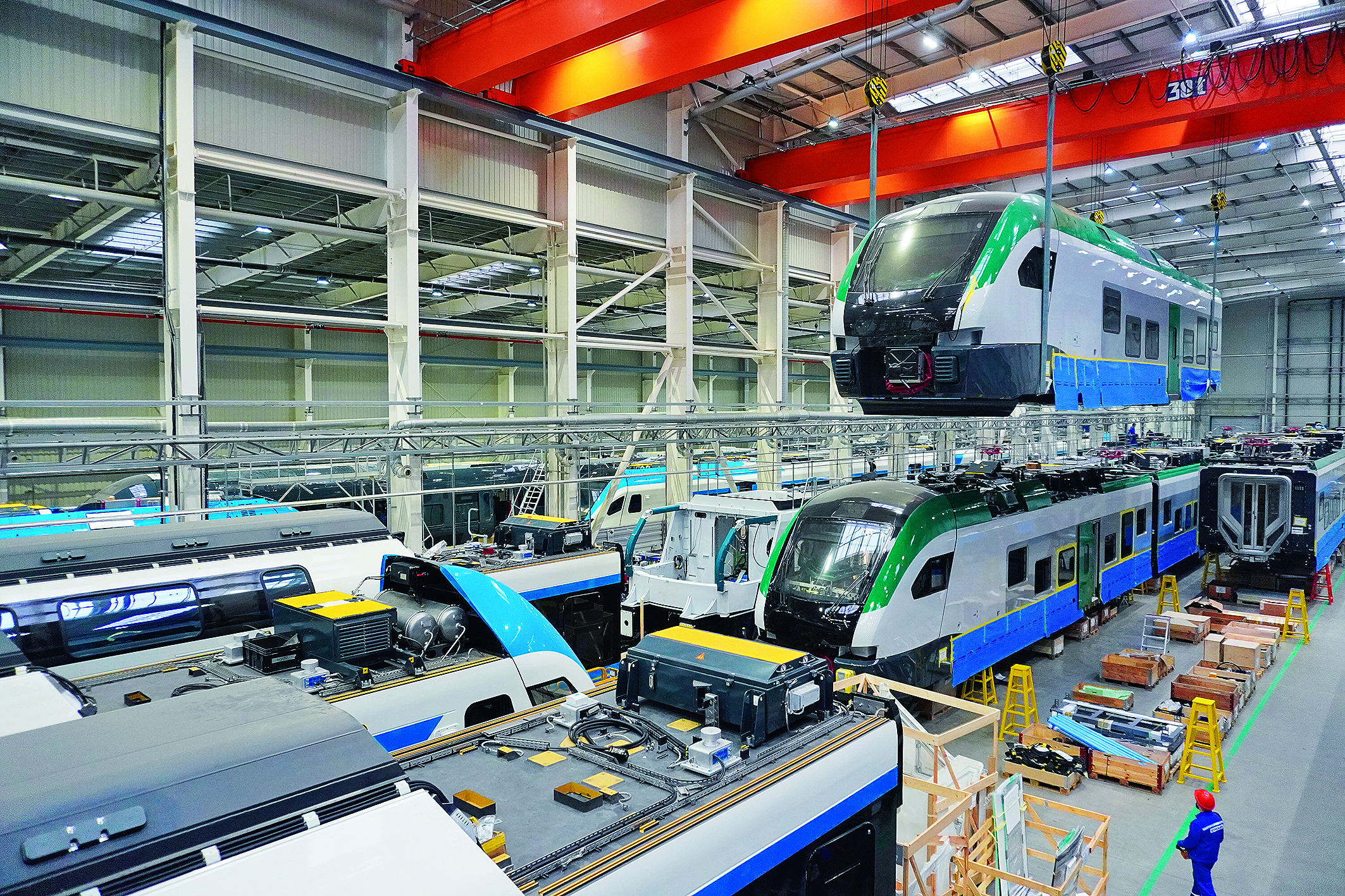 At the Stadler Rail production facility in Fanipol, Belarus. Source: cci.by
At the Stadler Rail production facility in Fanipol, Belarus. Source: cci.by
The plant’s share in Stadler’s orders is less than 2%. Over the last years, it has assembled Flirt and KISS EMUs, Metelitsa trams, and metro trains for Minsk. At the moment the company has no contracts for deliveries to Russia. However, long-term service contracts for KISS trains supplied to the Aeroexpress company and Metelitsa trams supplied to Chizhik, a private tram system implemented by LSR in St. Petersburg, continue to operate.
In general, Stadler’s reporting shows that in 2020-2021 the manufacturer accounted for less than 4% of revenue from the markets of the CIS countries (in 2021 – €0.1 bln). The decision to transfer part of the production from Belarus was made against the backdrop of a number of financial records for the manufacturer. In 2021, it received a record €5.4 bln EUR of new orders (+29% compared to 2020), while total backlog grew to €17.5 bln EUR (+11%).
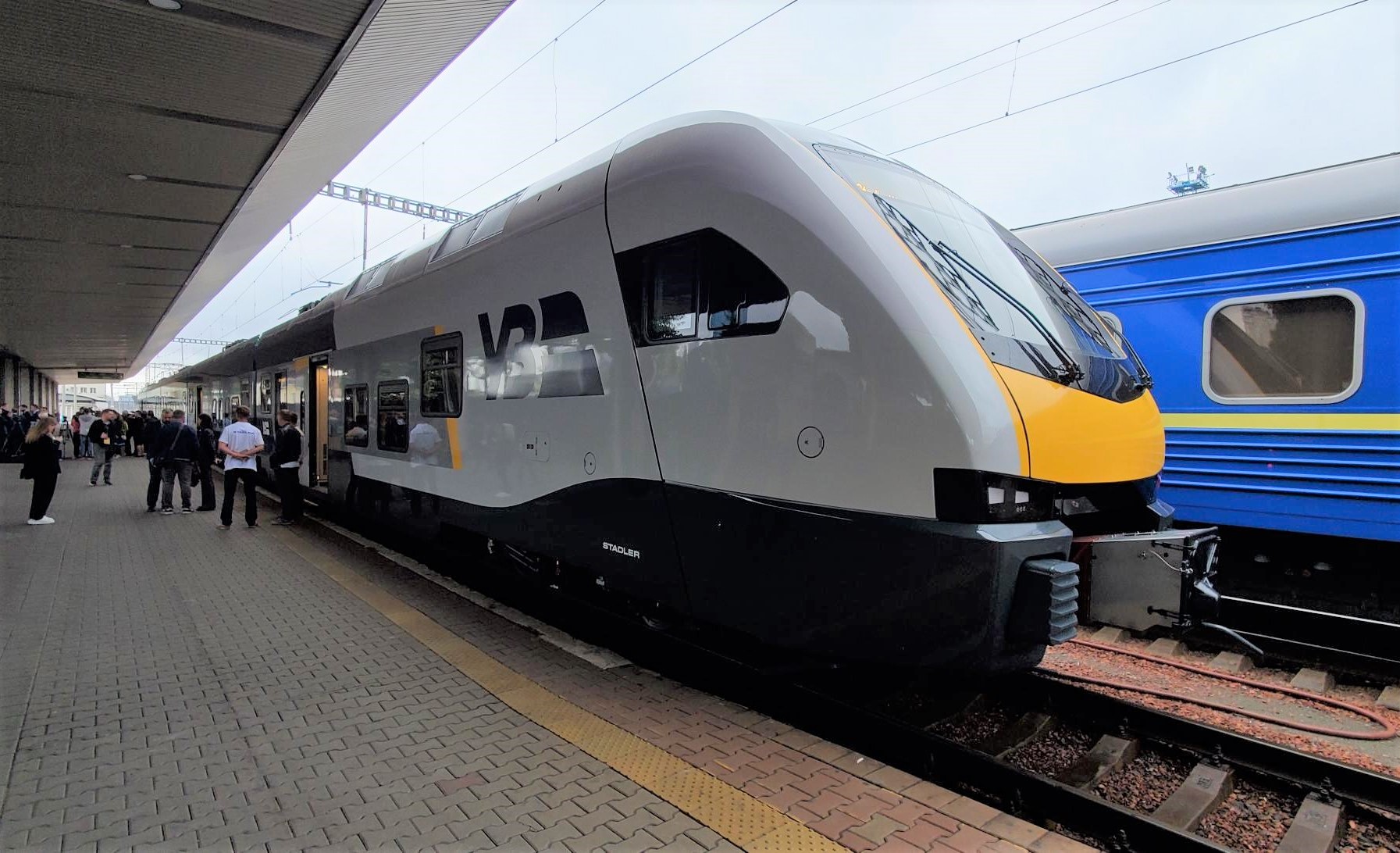 Flirt EMU in Ukraine. Source: Uliana Bukatyuk, LIGA.net
Flirt EMU in Ukraine. Source: Uliana Bukatyuk, LIGA.net
Recently, the establishing of Stadler Rail train and tram production in Ukraine has been discussed. In particular, in 2021, a memorandum was signed between Stadler, the Ministry of Infrastructure of Ukraine, Ukrzaliznytsia and the Swiss Export Risk Insurance Agency (SERV), which involved the readiness of Ukrainian side to purchase of the company’s trains under the requirement of localisation in the country. In August last year, the Stadler train arrived in the country for testing. In October, a tender for the supply of 80 suburban EMUs worth 31.5 bln UAH ($1.2 bln USD) was announced. In addition to Stadler, Kryukov Railway Car Building Works (KVSZ) and Land Holding (an importer of Hitachi Rail trains) applied for it. However, on March 9 it was cancelled because of force majeure circumstances as the official reason.





